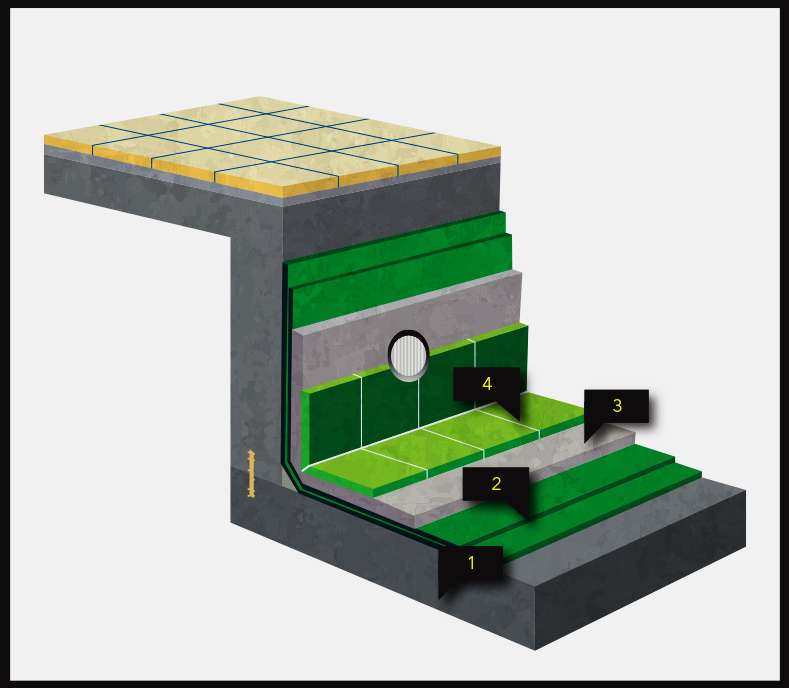
Tile adhesive chemical, also known as tile glue or tile mortar, is a specific type of adhesive used for fixing tiles onto various surfaces during construction or home improvement projects. Tile adhesive consists of various chemicals and additives that work together to provide a strong bond between the tiles and the substrate. Here are some common chemicals found in tile adhesive formulations:
- Cementitious binder: The main component of tile adhesive is cement, typically Portland cement. It acts as the binder and provides the adhesive properties necessary for tile attachment.
- Sand: Sand is often included in tile adhesive formulations to provide bulk, improve workability, and reduce costs. The sand particles help fill any gaps or voids and contribute to the overall strength of the adhesive.
- Polymer additives: Polymer additives are commonly incorporated into tile adhesive formulations to enhance the adhesive’s performance and properties. These additives can be acrylics, latex, or redispersible powders. They improve the adhesion strength, flexibility, and water resistance of the adhesive, allowing it to accommodate slight movements and environmental factors.
- Fillers: Fillers, such as silica sand or calcium carbonate, may be added to the adhesive to improve its consistency and texture. Fillers help provide bulk, improve workability, and ensure proper coverage during application.
- Water-retention agents: Tile adhesive formulations often include water-retention agents to control the drying time and prevent premature drying. These agents help keep the adhesive workable for a sufficient period, allowing for proper tile placement and adjustment.
- Flow modifiers: Flow modifiers or flow agents are incorporated into tile adhesive to improve its spreadability and ease of application. They enhance the flow of the adhesive, allowing for smooth troweling and ensuring proper coverage on the substrate.
- Setting agents: Setting agents, such as accelerators or retarders, may be added to tile adhesive formulations to control the setting time. Accelerators speed up the curing process, while retarders slow it down. These agents provide flexibility in adjusting the working time based on specific project requirements.
- Antifungal agents: Some tile adhesive formulations may include antifungal agents or biocides to prevent the growth of mold or mildew on tiled surfaces. These additives help maintain cleanliness and hygiene, particularly in areas exposed to moisture or humidity.

